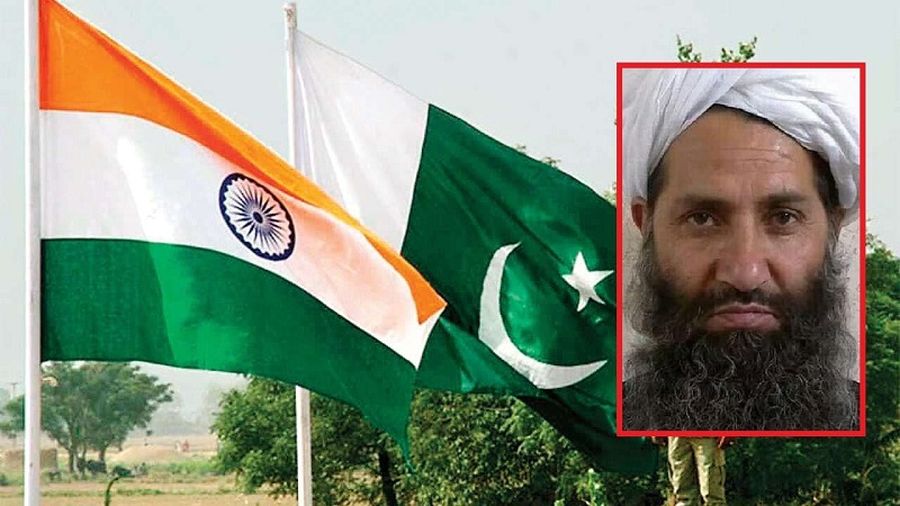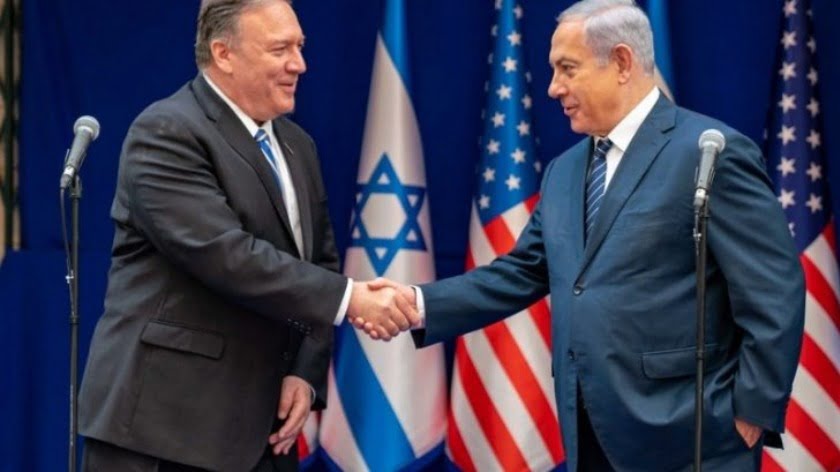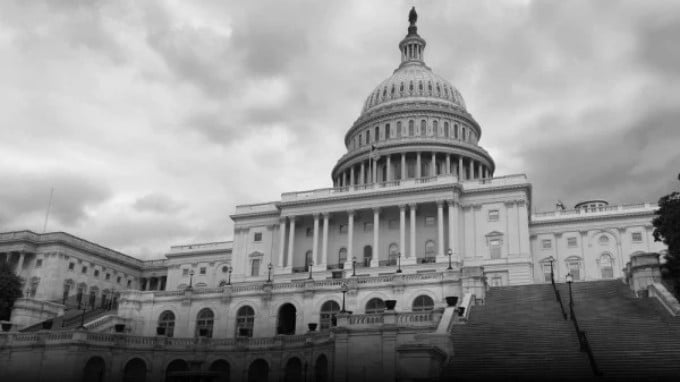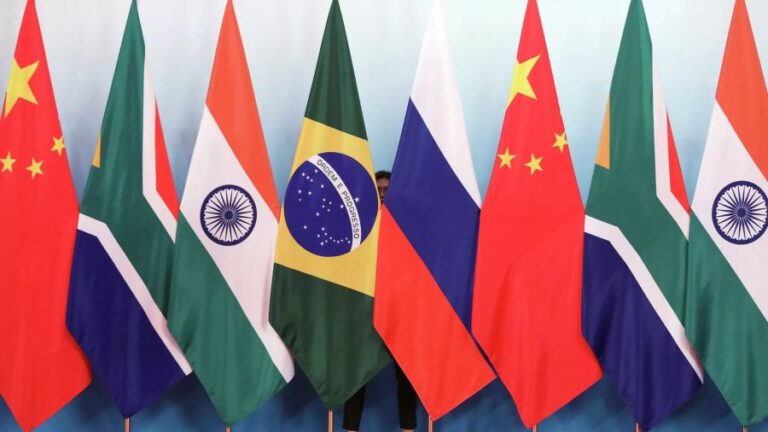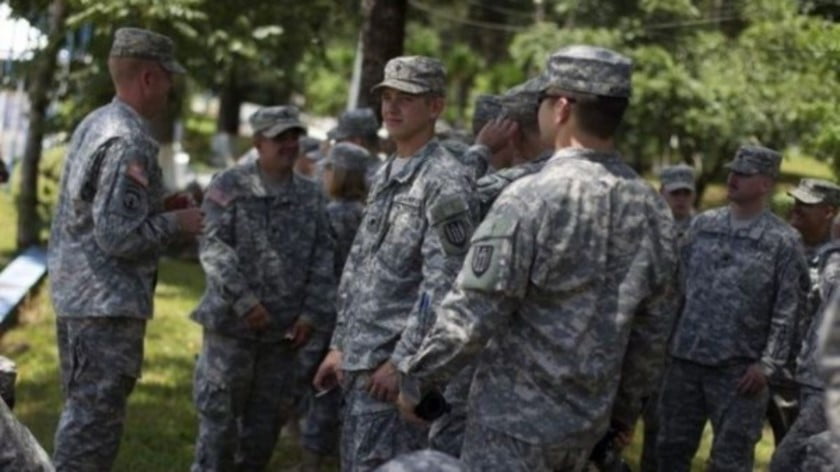India’s Fears of a Taliban-Kashmiri Alliance Are Unfounded
The Taliban is doing everything in its power to rehabilitate its international image and appears to keenly understand that its prior hosting of various armed groups that fought against other countries was the single-greatest reason why it was ostracized by the international community.
Some Indian commentators are fearful of a potential Taliban-Kashmiri alliance after one of the group’s spokesmen told BBC Hindi that “we also have the right, as Muslims, to speak out for Muslims in Kashmir, in India or any other country. We have the right to say, look, these are your citizens and have equal rights as per your law. We have said the same in the past.” In the same statement, however, he reaffirmed the consistent position of his movement – which is still recognized as a terrorist group by many countries including Russia despite the Kremlin pragmatically engaging with it in the interests of peace and security – that it won’t allow Afghan territory to be used against any other country.
These remarks come days after the Taliban described the Kashmir Conflict as a “bilateral and internal matter” and a different spokesman also advised India and Pakistan not to use his country for proxy warfare purposes against the other. The exact words employed were that “We hope they do not use Afghanistan in their internal fight; they have a long border, they can fight amongst themselves on the border. They should not use Afghanistan for this, and we will not let any country use our land for this.” The Taliban also promised India that its concerns over Afghan territory being used against it “would be positively addressed” according to New Delhi’s Ministry of External Affairs following the two sides’ first public meeting in Qatar last week.
It also deserves mentioning that the Taliban previously said that “India is very important for this subcontinent. We want to continue our cultural, economic and trade ties with India like in the past.” All of this very strongly suggests that India’s fears of a Taliban-Kashmiri alliance are unfounded. At the very most, the group might continue to express political support for that majority-Muslim group in the disputed Indian-administered region, but it won’t provide any material, military, or training support for those who fight against the Indian government there. As the group earlier said, it has the right as Muslims to speak out for their co-religionists anywhere in the world, just as India and any other country has the same to do about any other issue anywhere.
While this might complicate the Indian-Taliban rapprochement, it shouldn’t pose a significant obstacle to the resumption of bilateral relations between these two South Asian states. The Afghan group very clear hopes to reconcile with India so that New Delhi can continue investing in their country’s socio-economic development by building upon the $3 billion worth of existing projects there. The Taliban might also conceptualize relations with India as a balancing force for preventing any potential disproportionate strategic dependence on their historical Pakistani allies. As a case in point confirming the group’s increasingly independent policies, they recently refused to condemn the so-called “Pakistani Taliban” (TTP) that Islamabad considers to be terrorists.
One of its spokesmen recently said that “It is dependent upon Pakistan, and Pakistani ulema, not the Taliban, to decide whether or not the TTP’s war is legitimate and to formulate a strategy in response…However, our stance is that the Afghan soil will not be used by anyone to destroy the peace of another country.” This policy pronouncement shows the consistency of the Taliban’s position towards various Muslim causes in other countries. No moral or legal equivalence is being suggested by the subsequent clause, but the Taliban very clearly considers neither anti-Indian Kashmiri activists nor anti-Pakistani TTP members to be terrorists despite the governments that they ‘re opposed to feeling differently.
Even so, the Taliban is equally clear that it won’t allow Afghan territory to be used by either set of groups to carry out attacks against the governments that they oppose despite the implied sympathy that it has for their respective causes. India and Pakistan might understandably not be completely happy with the Taliban’s political support for anti-Indian Kashmiri activists and anti-Pakistani TTP members, but they both probably respect its pledge not to let either movement use its territory against them. Suspicions presumably abound about how sincerely the Taliban will abide by its promises, but any backtracking by the group would be counterproductive to its interests since that would prompt accusations that it’s returning to its previously rogue behavior.
The Taliban is doing everything in its power to rehabilitate its international image and appears to keenly understand that its prior hosting of various armed groups that fought against other countries was the single-greatest reason why it was ostracized by the international community. It cannot afford to repeat these same mistakes a second time around lest it once again become isolated and therefore unable to reconstruct the country. The Taliban must win the world’s trust in order to receive much-needed economic and financial support for improving its people’s lives. For this pragmatic reason, while its stance towards Kashmiri activists and TTP members might make India and Pakistan uncomfortable, neither have anything to fear at least for now.

